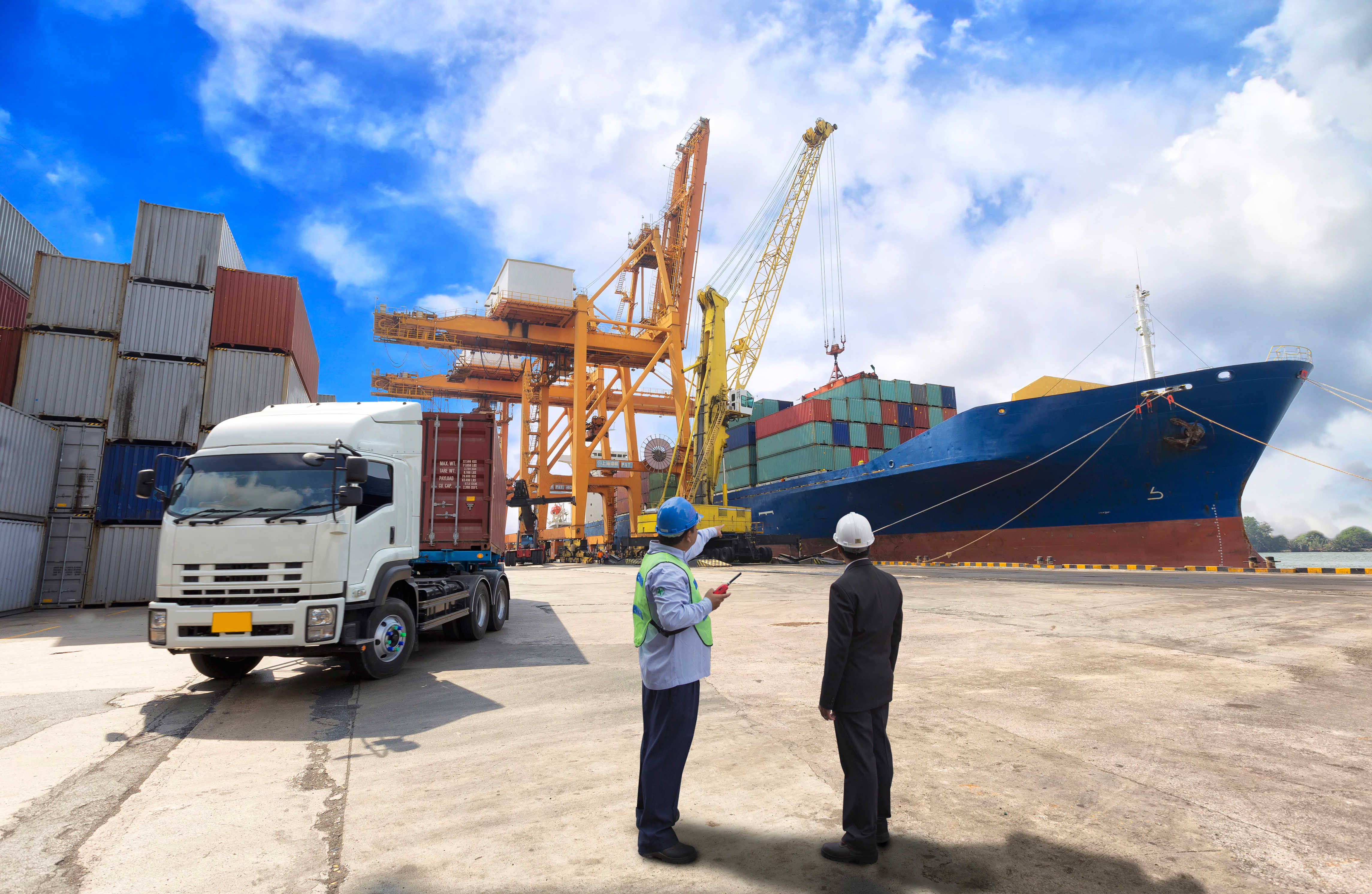On June 23, 2016 millions of United Kingdom citizens across England, Scotland, Wales, and Northern Ireland flocked to polling places to cast their monumental votes of “Remain” or “Leave”. This vote was one of the most monumental voting decision in history as voters made a weighty verdict to either remain in the European Union, or to leave. The following day, on June 24th, it was announced that the United Kingdom would begin a two-year long process to exit the EU. While Scotland and Northern Ireland voted almost unanimously to remain a member of the EU, England voted the opposite, concerned about immigration in their country.
One of the biggest questions that the rest of the world has been struggling to answer is how the global market will be affected by ‘Brexit’. The Remain side argued for months that leaving the EU would mean that the United Kingdom would cause them to lose access to the EU’s “single market”. This single market allows free trade, meaning that market goods can move freely between the twenty eight member states. When the United Kingdom entered this “single market” (then known as the common market) in 1973 their economy saw one of the largest boosts to UK trade volume in years.
On the other hand the opposing leave side argued that the UK imports far more from the other member states than it exports, therefore it would give a good incentive for the EU to strike a deal fast and for trade to continue. They relied heavily on the notion that exporters such as German carmakers would still rely on the United Kingdom’s business. While this may be true, exports account to about 13% of the nation’s GDP (the exports to EU member states hover around 3% of GDP). The United Kingdom will lose money, and its people will lose jobs, if they cannot continue to trade to the EU member states.
There is no doubt that leaving the European Union will have big impacts for the United Kingdom, and the rest of the world, but these impacts are something we might not necessarily see right away. Trade lanes between the United Kingdom and the other EU member states will surely go through changes, and that might complicate the shipping industry for a while, but such changes will not happen overnight. The United Kingdom’s process of striking a deal and leaving the European Union can take up to two years according to Article 50. Even once the United Kingdom is officially out of the EU, the remaining member states have to agree upon how to proceed in trading with the UK and what barriers they will impose. For now there have been some immediate effects such as the failing pound and a drop in stocks, and the world should expect to see many changes continuing to happen.




